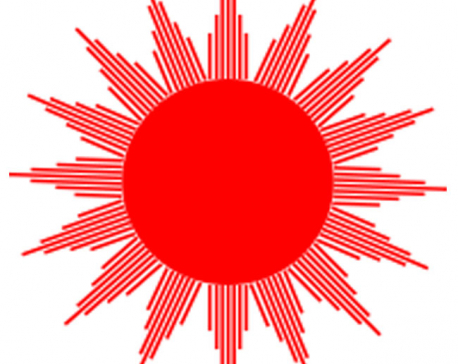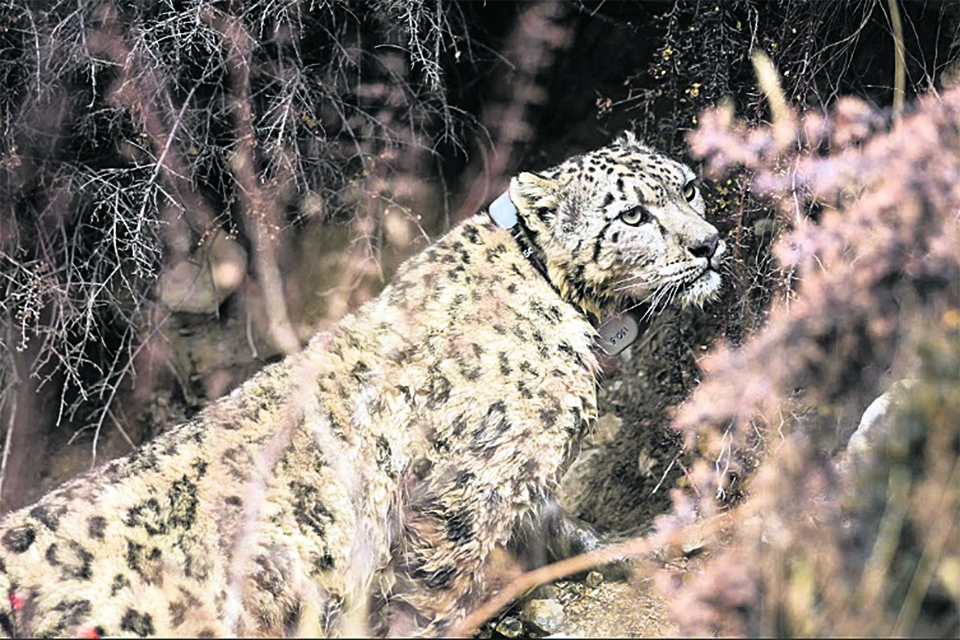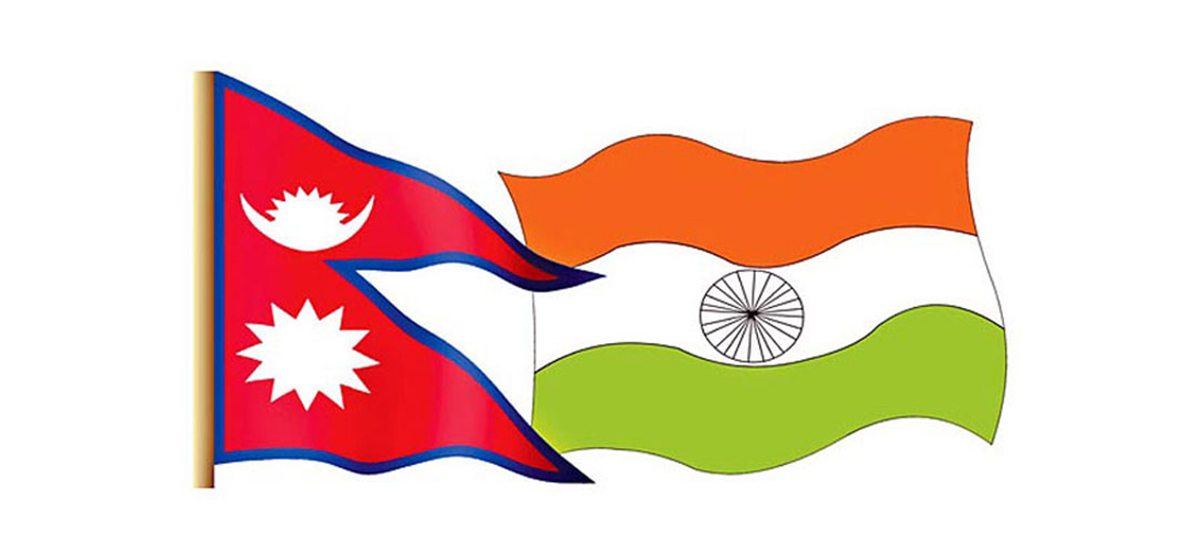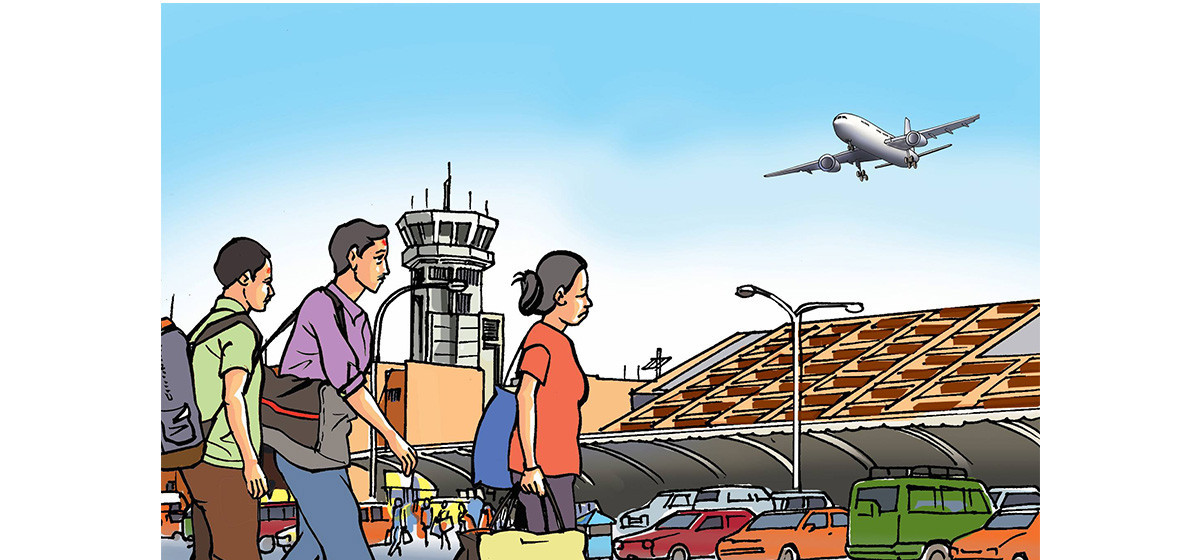
OR
Parties pick chief ministers for six provinces
Published On: February 10, 2018 07:10 AM NPT By: Republica | @RepublicaNepal

KATHMANDU, Feb 9: With the leftist alliance finalizing its chief ministerial candidates in five provinces except for Province 4 on Friday, it now looks clear that the chief ministerial candidates in the federal Nepal this time won't be ethnically-balanced and gender inclusive.
While none of the seven provinces will be having a woman chief minister, the ethnic Tharu community living predominantly in Banke and Bardiya in Province 5 and Kailali and Kanchanpur in Province 6 have also been denied the opportunity to head provincial government, largely due to factional politics within the CPN-UML, and the power-sharing deal between the UML and CPN (Maoist Center).
While the two Madhes-centric parties -- Federal Socialist Forum Nepal (FSFN) and Rastriya Janata Party Nepal (RJPN) - have agreed to elect FSFN candidate Mohammad Lal Babu Raut-a FSFN leader belonging to Muslim minority in Nepal -- as chief minister of the Province 2, the leftist alliance comprising of UML and the Maoist Center are set to elect chief ministerial candidates in the remaining six provinces.
As per the power-sharing deal reached between the two parties, the UML will elect chief ministers in four provinces, while the Maoist Center would have its chief ministers in the remaining two provinces. The Maoist Center has picked Mahendra Bahadur Shahi and Trilochan Bhatta for chief ministers of Province 6 and 7, respectively.
Faced with deeply ingrained factional politics, the UML decided to pick its chief ministerial candidates in all four provinces except in Province 5 through voting. In Province 5, the party's secretary Shanker Pokharel has already been elected as the UML's parliamentary party leader, who automatically becomes chief ministerial candidate.
While the voting between Prithvi Subba Gurung (Chairman Oli faction) and Kiran Gurung (Madhav Nepal faction) to pick chief ministerial candidate of Province 4 is set to be held on Sunday, the party chose through voting Sher Dhan Rai and Dor Mani Paudel as chief ministerial candidates of Province 1 and Province 3, respectively on Friday. Both Rai and Paudel are considered close to Chairman Oli.
Although the election of Rai as chief ministerial candidate of Province 1 has ensured Rai community, which is one of the major ethnic groups living in Province 2, to head the provincial government, the election of Paudel in Province 3 has effectively thwarted the prospect of having a woman chief minister. Ashta Laxmi Shakya, who is considered close to Nepal faction in the UML, was the only woman candidate vying for chief ministerial post among all seven provinces.
You May Like This

Chief Ministers of four provinces assume office
KATHMANDU, Feb 16: Chief ministers of three provinces took oath of office and assumed their duties on Thursday. ... Read More...

UML to pick chief ministers by vote
KATHMANDU, Jan 31: The CPN-UML has decided to end the dispute over the chief ministerial (CM) posts in Province 1,... Read More...

UML wins chief and deputy chief in Madi Rural Municipality
KASKI, May 16: UML candidate Bed Bahadur Gurung has been elected as the chief of Madi Rural Municipality in the... Read More...





Just In
- 120 snow leopards found in Dolpa, survey result reveals
- India funds a school building construction in Darchula
- Exploring opportunities and Challenges of Increasing Online Transactions in Nepal
- Lack of investment-friendly laws raises concerns as Investment Summit approaches
- 550,000 people acquire work permits till April of current fiscal year
- Fixing a win by outlawing dissent damages democracy
- MoHP cautions docs working in govt hospitals not to work in private ones
- Over 400,000 tourists visited Mustang by road last year










_20220508065243.jpg)

Leave A Comment